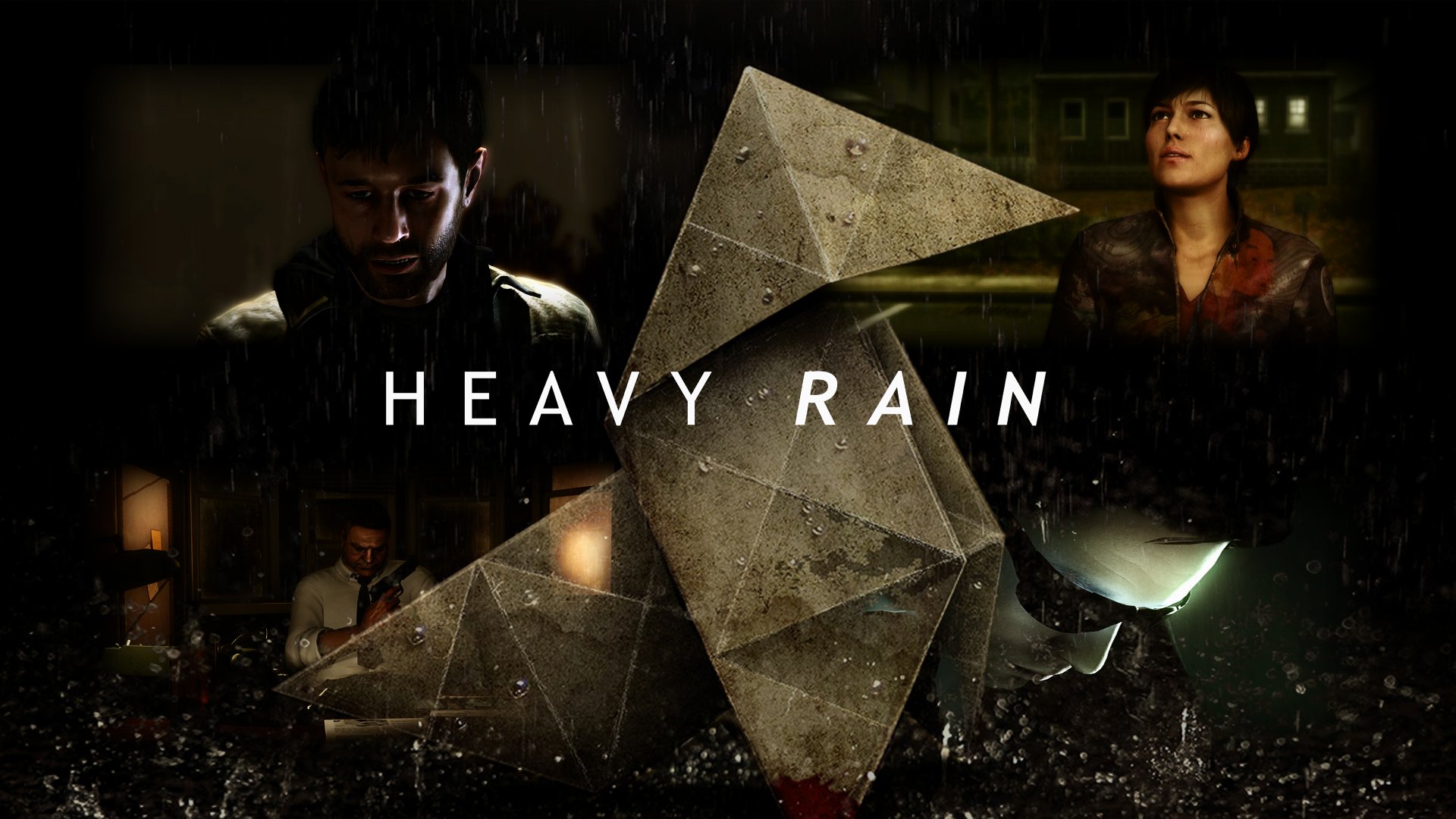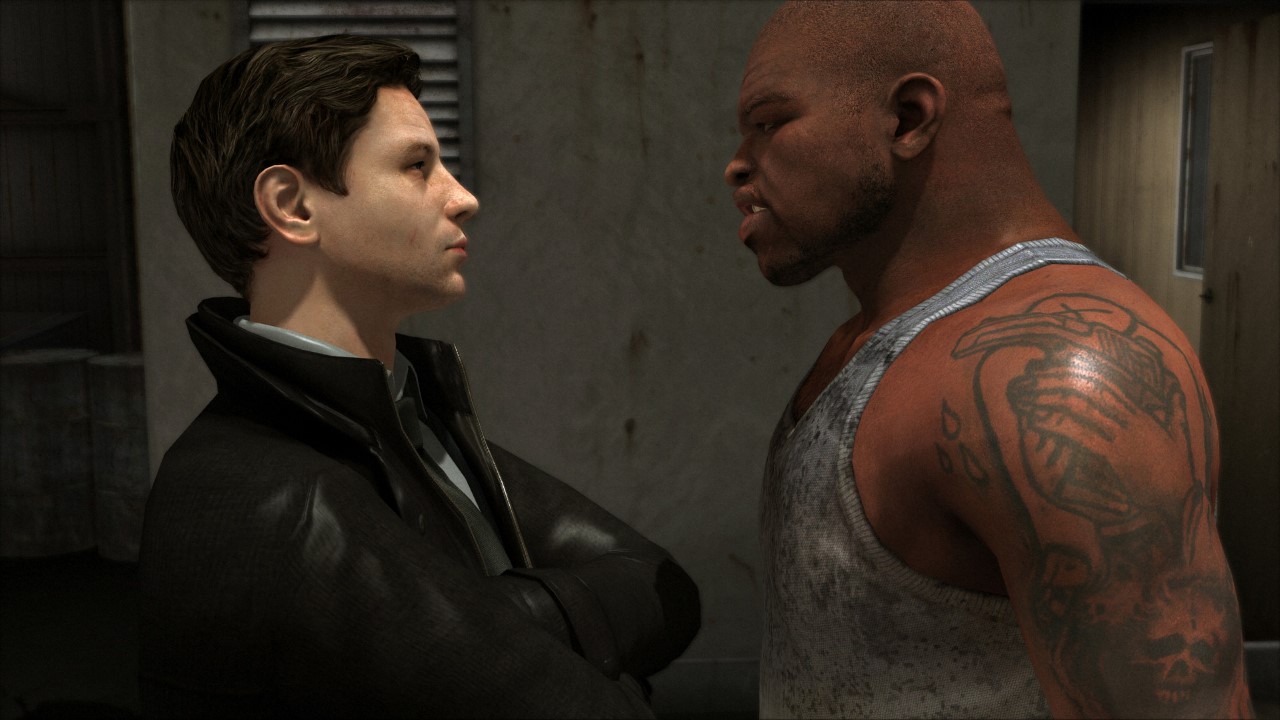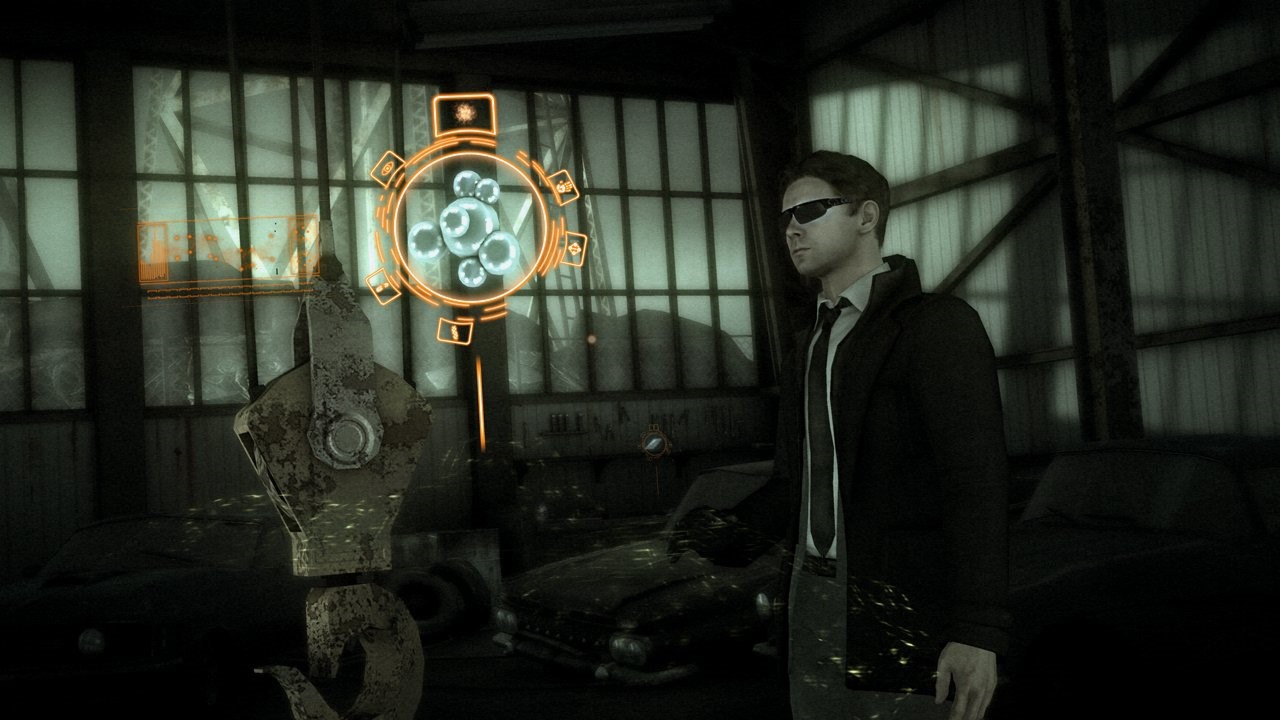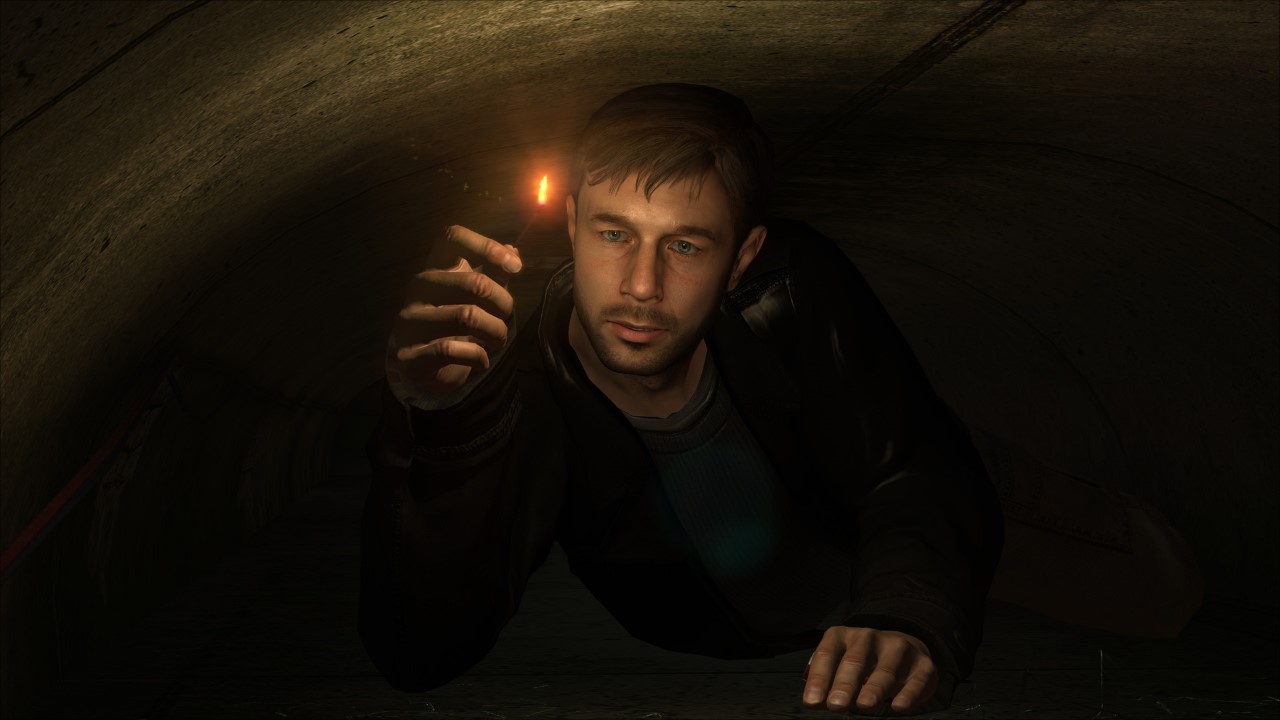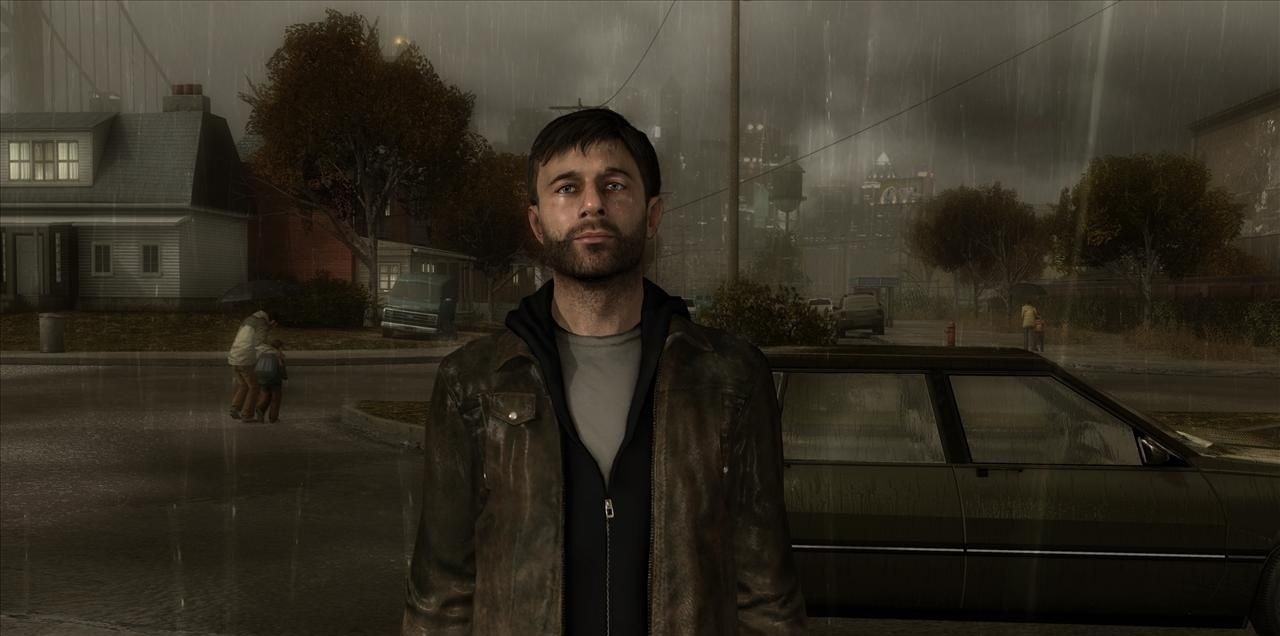When Heavy Rain was released in 2010 by Quantic Dream, it redefined what video games could achieve in terms of storytelling and emotional depth. Directed by David Cage, this interactive drama introduced a narrative experience unlike any other, where player decisions dictated the outcome of the story. Combining cinematic visuals, morally complex themes, and an engaging murder mystery, Heavy Rain became a landmark title in narrative-driven gaming.
Set in a fictional American city, the story revolves around the hunt for the Origami Killer, a mysterious figure who kidnaps and murders children. As players guide four interconnected protagonists through a web of choices, they confront questions of morality, sacrifice, and love. With remastered versions for newer consoles and a PC release, Heavy Rain remains as compelling today as it was over a decade ago.
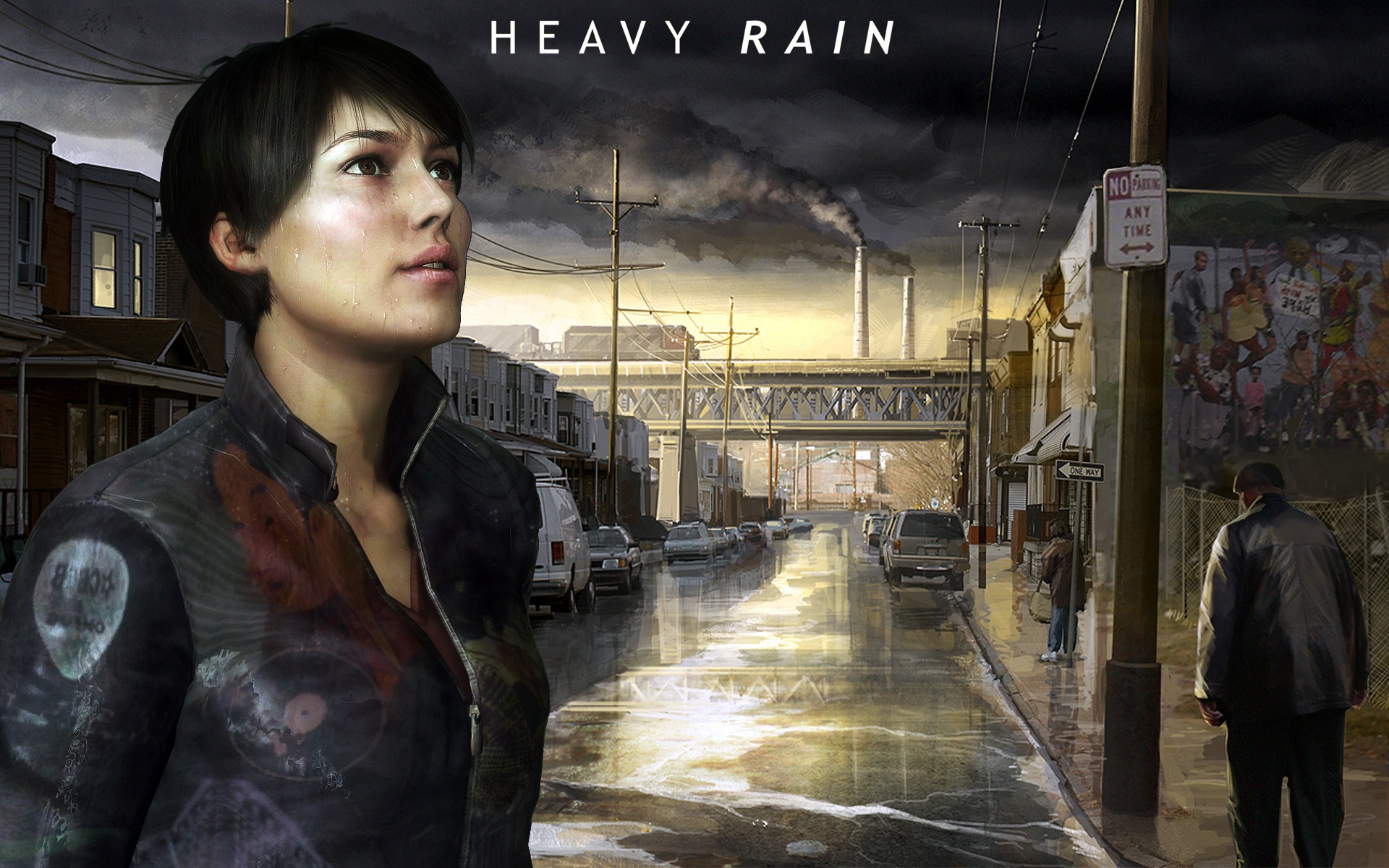
Introduction to Heavy Rain
Released as a PlayStation 3 exclusive, Heavy Rain was a groundbreaking project for Quantic Dream, a studio known for its focus on cinematic storytelling. The game challenged traditional perceptions of video games, presenting an experience akin to an interactive movie. It was not about mastering mechanics or defeating enemies but about making decisions that would define the characters’ fates.
The game opens with Ethan Mars, a grieving father whose life is upended when his son is abducted by the Origami Killer. As the narrative unfolds, players assume control of three other characters: Madison Paige, an investigative journalist; Norman Jayden, an FBI profiler; and Scott Shelby, a private detective. Their stories intertwine in a tense race against time, filled with moral dilemmas and shocking twists.
The tagline, "How far will you go to save someone you love?", perfectly encapsulates the emotional journey Heavy Rain offers. With its focus on realism, emotion, and player agency, the game paved the way for a new era of interactive dramas.
Gameplay Mechanics
Interactive Storytelling
Heavy Rain is not a conventional video game; it’s an interactive drama where the story takes precedence over action. Players influence the narrative through dialogue choices, quick-time events (QTEs), and exploration.
- Branching Narrative: Every decision, from a minor gesture to a life-altering choice, shapes the story. Unlike linear games, Heavy Rain adapts to the player’s actions, leading to multiple outcomes. For example, a wrong move during a QTE could result in a character’s death, permanently altering the story.
- Dialogue and Relationships: Conversations offer multiple options, allowing players to define their relationships with other characters. Whether Ethan is compassionate or distant, or whether Norman is professional or abrasive, depends on the player’s choices.
- Environmental Interactions: Players explore detailed environments, searching for clues and interacting with objects. These moments immerse players in the narrative, making every detail feel meaningful.
Quick-Time Events (QTEs)
QTEs are a core mechanic in Heavy Rain, used during action sequences such as fights, chases, and tense confrontations. While QTEs have been divisive, they heighten the stakes, ensuring that players remain engaged. Unlike traditional button-mashing, the game incorporates motion controls and analog stick movements, adding a layer of physicality to the gameplay.
Replayability
With over 20 possible endings, Heavy Rain is built for replayability. Players can experiment with different choices, exploring alternate storylines and character fates. This ensures that no two playthroughs are exactly the same, offering a fresh experience with each replay.
Storyline and Themes
A Tense Race Against Time
The narrative of Heavy Rain revolves around the search for the Origami Killer, whose victims are always found with a small origami figure at the scene. Players assume the roles of four protagonists, each with their own motivations and perspectives:
- Ethan Mars: A father willing to endure unspeakable trials to save his son, Shaun, who has been kidnapped by the Origami Killer.
- Madison Paige: A journalist investigating the murders while battling her own personal demons.
- Norman Jayden: An FBI profiler with a drug addiction, using advanced ARI (Added Reality Interface) technology to solve the case.
- Scott Shelby: A private detective hired by the victims’ families to uncover the killer’s identity.
The story is structured like a psychological thriller, with each character’s arc contributing to the larger mystery. Twists and revelations keep players on edge, culminating in a shocking and emotionally charged finale.
Themes of Love, Loss, and Morality
Heavy Rain explores universal themes that resonate deeply with players:
- Parental Love: Ethan’s trials force players to confront the lengths one would go to protect their child.
- Moral Ambiguity: Characters face dilemmas where there are no right or wrong answers, only consequences.
- Redemption and Guilt: Each protagonist wrestles with past mistakes, seeking redemption in a world fraught with tragedy.
These themes elevate Heavy Rain beyond a simple mystery, making it a deeply emotional experience.
Main Characters
Ethan Mars
Ethan is the emotional core of the story, a father whose life is shattered after the death of his eldest son, Jason, in a tragic accident. When his younger son, Shaun, is kidnapped by the Origami Killer, Ethan becomes determined to save him, even if it means putting himself through harrowing trials. His journey explores themes of guilt, resilience, and unconditional love.
Madison Paige
Madison is a resourceful journalist who uncovers crucial information about the Origami Killer. Her determination to seek the truth is matched by her compassion, as she forms a bond with Ethan. Madison’s arc adds an investigative dimension to the story, highlighting her bravery and vulnerability.
Norman Jayden
Norman is an FBI profiler with a tragic flaw: his addiction to Triptocaine, a drug that helps him cope with the stress of his job. Using ARI technology, Norman pieces together clues about the killer while battling his own demons. His internal struggle adds depth to his character, making him one of the game’s most complex protagonists.
Scott Shelby
As a private detective, Scott appears to be a sympathetic figure helping the victims’ families. However, his role in the story takes a dramatic turn, delivering one of the game’s most shocking twists.
Graphics and Visual Design
A Cinematic Experience
Heavy Rain set new standards for visuals when it was released, with lifelike character models and detailed environments that rivaled cinematic productions.
- Facial Animations: The game’s realistic facial expressions convey emotion in a way few games had achieved at the time.
- Atmospheric Design: The constant rain, muted colors, and dynamic lighting create a somber, immersive atmosphere that reflects the story’s tone.
Remastered Versions
The PlayStation 4 remaster and PC release brought enhanced textures, lighting, and frame rates, ensuring the game remains visually stunning for modern audiences.
Soundtrack and Voice Acting
The Emotional Role of Music
The haunting soundtrack of Heavy Rain, composed by Normand Corbeil, is an integral part of the game’s emotional impact. The orchestral score underscores the tension, sadness, and determination that define the characters’ journeys. Key pieces like Ethan’s somber theme or Madison’s investigative leitmotif resonate long after the game ends.
Each track enhances pivotal moments:
- Ethan’s Trials: The music builds suspense and desperation as Ethan endures life-threatening challenges.
- Norman’s Struggles: The score shifts to an uneasy rhythm, reflecting his internal battle with addiction.
Voice Acting and Performances
The performances in Heavy Rain are a mixed bag. Actors like Pascal Langdale (Ethan Mars) deliver emotional portrayals that anchor the story. However, some supporting characters’ dialogue delivery occasionally lacks polish. Despite this, the voice acting succeeds in immersing players in the narrative.
Critical Reception and Legacy
Praise from Critics
Upon its release, Heavy Rain was hailed as a groundbreaking experience in narrative gaming. Critics praised its ability to evoke strong emotions and offer players unprecedented control over the story.
- Innovative Gameplay: The branching narrative and moral dilemmas were seen as revolutionary.
- Visual Excellence: The lifelike character models and atmospheric design were celebrated as ahead of their time.
- Emotional Depth: The game’s focus on love, loss, and redemption struck a chord with players.
Criticisms
While acclaimed, Heavy Rain faced some critiques:
- Plot Inconsistencies: Some players felt the twists, particularly involving the Origami Killer, stretched believability.
- QTE Overuse: The reliance on quick-time events divided audiences.
Awards and Accolades
- 2010 BAFTA Games Awards: Winner of Best Story.
- Game Developers Choice Awards: Excellence in Narrative.
- Spike Video Game Awards: Best Action/Adventure Game nomination.
Replayability and Alternate Endings
A Game of Consequences
Every decision in Heavy Rain carries weight, leading to over 20 possible endings. From saving all characters to losing them in tragic circumstances, the game offers a deeply personal experience.
Key Choices and Outcomes
- Ethan’s Trials: Players decide whether Ethan completes dangerous tasks to save Shaun, each choice altering the story.
- Norman’s Addiction: Players can help him overcome his dependence on Triptocaine, affecting his ability to solve the case.
- Madison’s Survival: Choices during high-stakes moments determine whether she lives or dies.
The variety of outcomes ensures that replaying Heavy Rain always feels fresh.
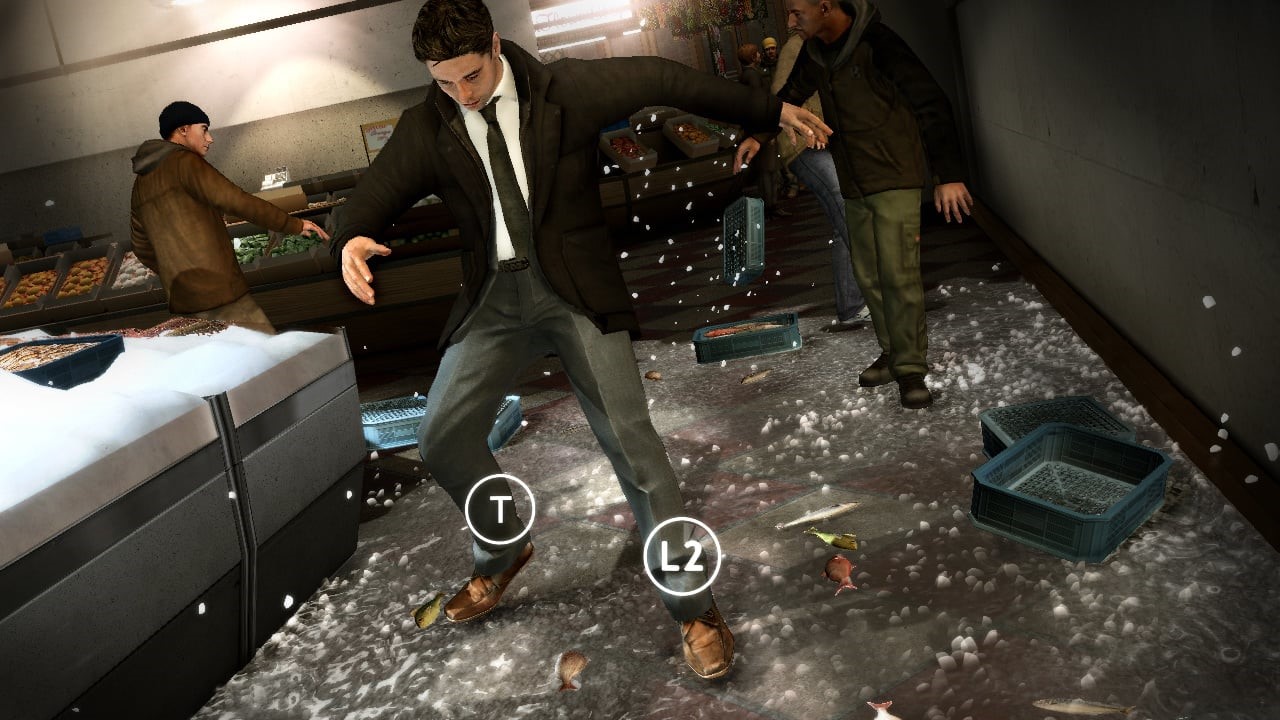
Comparison with Other Games
Quantic Dream’s Legacy
Heavy Rain laid the foundation for subsequent Quantic Dream titles, such as:
- Beyond: Two Souls: A spiritual successor that expanded on cinematic storytelling but lacked the tight narrative focus of Heavy Rain.
- Detroit: Become Human: Refined the branching narrative system with more complex choices and outcomes.
Influence on the Genre
The game inspired other narrative-driven titles, such as Life is Strange and Until Dawn, proving that video games could tell mature, emotionally resonant stories.
System Requirements
Minimum Requirements (PC):
- OS: Windows 7 or higher.
- Processor: Intel Core i5-4430.
- Memory: 4 GB RAM.
- Graphics: NVIDIA GTX 660 or equivalent.
- Storage: 35 GB.
Recommended Requirements (PC):
- OS: Windows 10.
- Processor: Intel Core i7-4770K.
- Memory: 8 GB RAM.
- Graphics: NVIDIA GTX 970 or equivalent.
- Storage: 35 GB.
Game Details
- Genre: Adventure, Interactive drama, action-adventure.
- Release Year: 2010 (PS3); 2016 (PS4 Remaster); 2019 (PC).
- Platforms: PlayStation 3, PlayStation 4, PC.
- Age Rating: Mature (Violence, Strong Language, Nudity).
- Game Mode Accessibility: Single-player, offline.
- Pricing Model: Paid.
- Developer: Quantic Dream.
- Publisher: Sony Computer Entertainment (PS versions), Quantic Dream (PC version).
- Game Engine: Proprietary Quantic Dream engine.
Pros and Cons
Pros
- Emotional Storytelling: A deeply engaging narrative that stays with players.
- Replayability: Multiple endings and choices add significant value.
- Visual Excellence: Atmospheric graphics enhance immersion.
- Character Depth: Protagonists are nuanced and relatable.
Cons
- QTE Heavy: Reliance on quick-time events may deter some players.
- Plot Holes: Certain narrative twists can feel forced.
- Voice Acting Inconsistencies: A few performances lack polish.
Is It Worth Playing Today?
Heavy Rain remains a landmark in interactive storytelling. While some aspects, like QTE reliance, may feel dated, its narrative depth, emotional engagement, and multiple endings make it a must-play for fans of narrative-driven games. Whether revisiting the game or experiencing it for the first time, Heavy Rain offers a unique and unforgettable journey.
Our Rating
- Gameplay: 8.5/10 – Unique mechanics but slightly repetitive QTEs.
- Graphics: 9/10 – Still impressive, especially in remastered versions.
- Story: 9.5/10 – Gripping, emotional, and morally complex.
- Soundtrack: 9/10 – A haunting score that enhances the narrative.
- Replayability: 9/10 – Branching paths make every playthrough unique.
- Overall: 9/10 – A masterpiece of interactive drama that stands the test of time.
Heavy Rain solidified Quantic Dream as a pioneer in narrative-driven gaming, and its legacy continues to influence the genre. Whether you’re exploring its mysteries for the first time or revisiting its emotionally charged story, it remains an essential experience.

